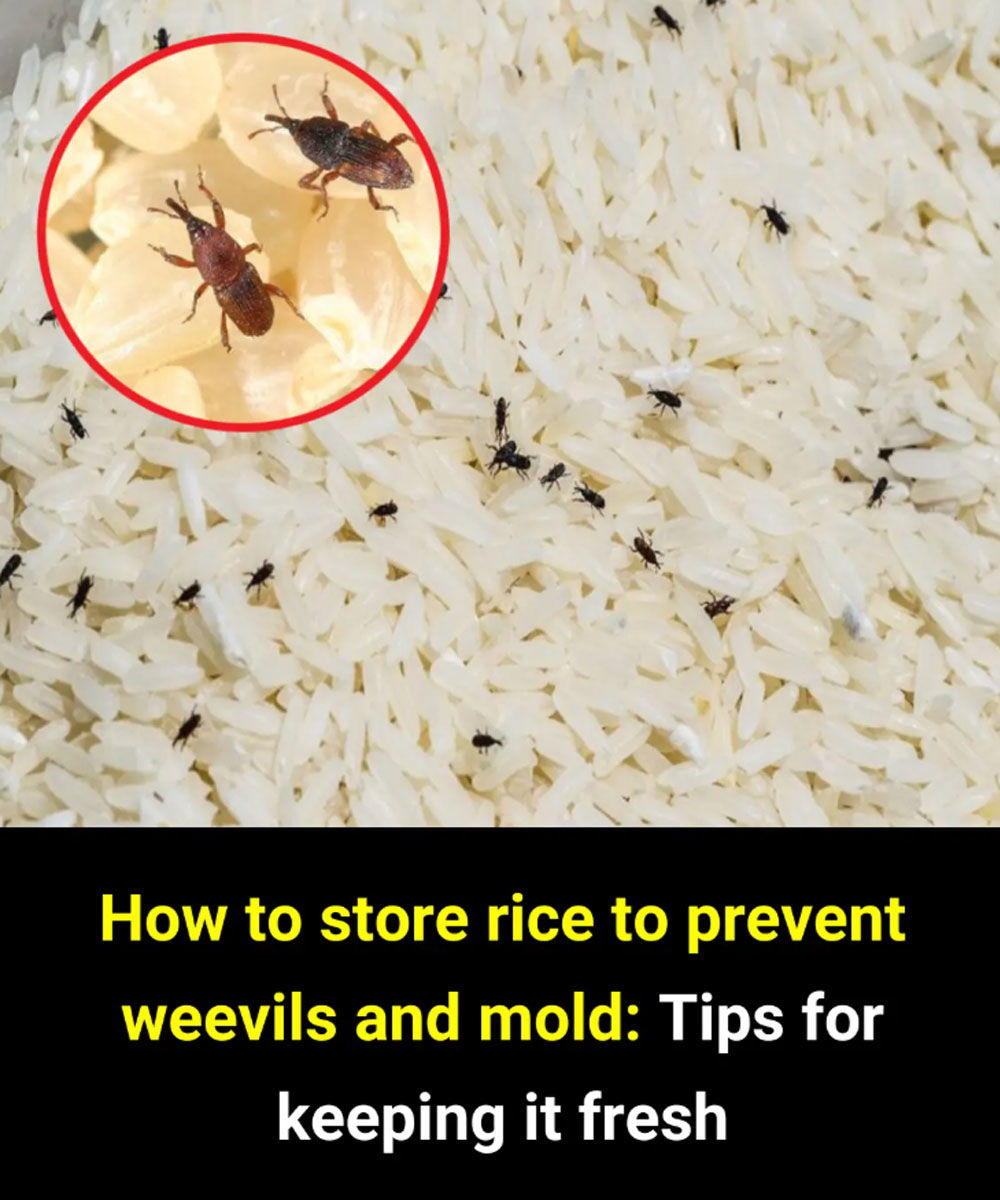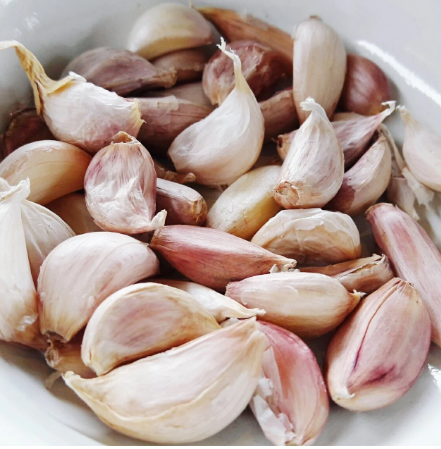
Storing rice correctly is key to keeping pests like moths at bay, maintaining its aroma, and extending its shelf life. Rice that’s not stored properly is highly vulnerable to pest infestations, especially from moths. Here are some effective tips to help protect your rice:
1. Keep Rice in a Cool, Dry Place
Pests thrive in humid environments, so always store rice in a dry and cool area, away from sunlight and off the floor. These conditions discourage pest growth. This method works best for smaller amounts of rice, so it’s recommended to purchase only what you’ll use in the short term.
2. Choose Suitable Storage Containers

After cleaning the rice, place it in a clean, sanitized container. Use airtight glass jars, containers with metal lids, or specially designed food storage containers with tight rubber-sealed lids to provide added protection against insects.
3. Store in Dry Plastic Bags or Bottles
Another effective option is to use dry plastic bags or bottles. Ensure there’s no moisture, as that can cause mold. Seal them tightly after filling and store in a cool, dry place to keep the rice safe from dirt and insects.
4. Use Dried Chilies
Dried chilies have a strong aroma that repels moths. Cut a chili open, remove the seeds, and place it inside your rice container to help ward off pests naturally.
5. Place High-Proof Alcohol in the Container
To further safeguard your rice, you can place an open bottle of high-proof white alcohol (at least 41% ABV) inside the rice container. Keep the bottle upright with its neck above the rice. This helps kill insects and prevent mold due to the alcohol’s evaporation properties.
6. Add Black Pepper

Black pepper acts as a natural antifungal and has a scent that repels pests. Fill a small cloth bag or modified face mask with pepper and place it in the rice container. Store the container in a cool, well-ventilated place.
7. Use Airtight Storage
Using airtight containers, boxes, or bags helps prevent pest infestations and prolongs the rice’s freshness. Check bags regularly for holes, and avoid reusing containers that previously held chemicals like paint. Always store rice at least 20 cm above the ground for good air circulation.
8. Refrigerate the Rice
Refrigeration is another effective storage method, as cold temperatures prevent moth infestations and preserve the rice’s quality. Use airtight containers and divide the rice into smaller portions in zip-lock bags if space is limited.
9. Add Garlic Cloves
Garlic contains allicin, a natural antibacterial and antifungal compound. Its strong smell also repels pests. Place a few garlic cloves in the rice container and store it in a cool place to keep moths away.

Why Rice Gets Infested
Storing rice in direct sunlight or humid areas can lead to poor-quality, dry, and cracked grains. Using damp containers can also promote moth breeding.
How to Handle Infested Rice
If you find moths in your rice, avoid exposing it to sunlight as this can cause pests to hide deeper. Instead, gently sift the rice to remove pests and leave it in a shaded, well-ventilated spot to allow moths to escape naturally.
Best Timeframe for Storing Rice
Buy only what you need for short-term use. Generally, rice should be used within two months of purchase. In cooler seasons, it can last up to a month; in summer, consume it within two weeks for best quality.




















